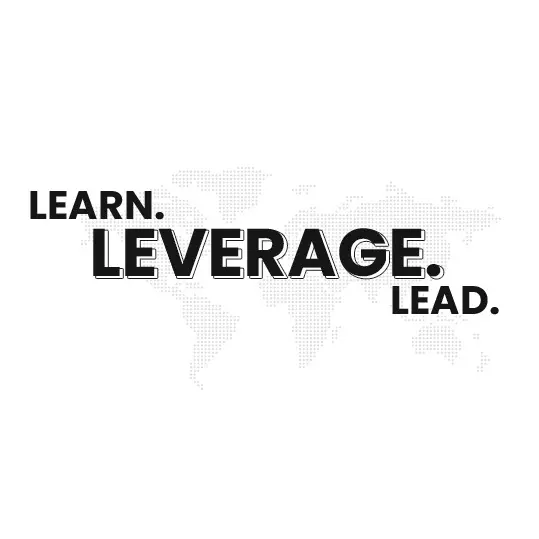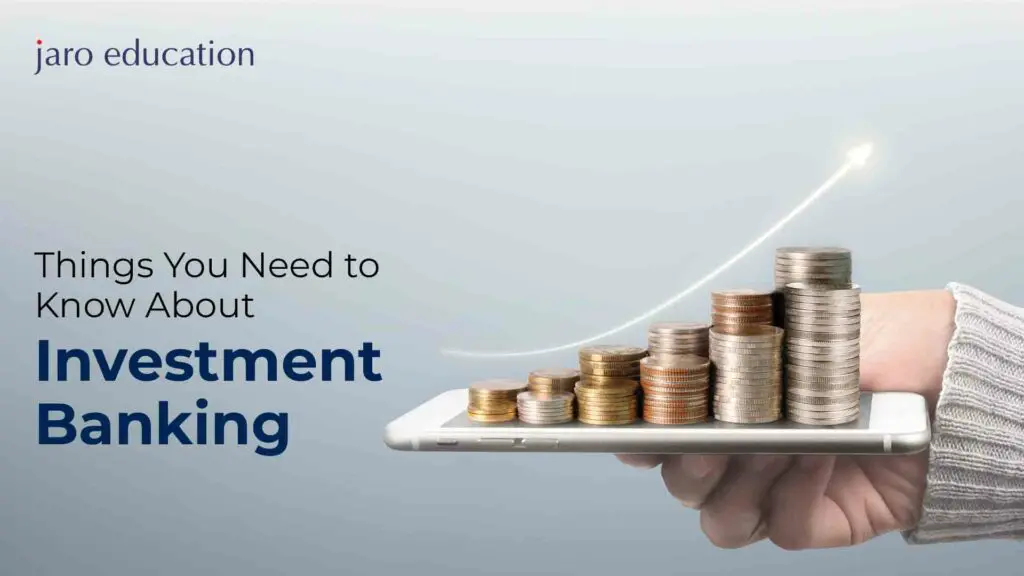Online MSc in Economics
Elevate your career with economic expertise – Enroll in our MSc in Economics and unlock the keys to strategic insights and financial foresight.
Bespoken Courses in Finance and FinTech

Post Graduate Certificate Program in Blockchain Technologies and FinTech – IIM Visakhapatnam
- 12 Months

Post Graduate Certification Programme in Financial Management – IIM Tiruchirappalli
- 1 Year

Post Graduate Certificate Programme in Banking and Finance – IIM Trichy
- 1 Year

Post Graduate Certificate Programme in Financial Technologies (FinTech) – IIM Nagpur
- 1 Year

Professional Certificate Programme in Investment Banking – IIM Kozhikode
- 12 Months
Online MSc in Economics
Online MSc in Economics: Master the science of economic excellence with data-driven wisdom
Tailored to provide a comprehensive understanding of economic functions, the curriculum nurtures expertise in decision-making, predictive modeling, and problem-solving within the realm of economics. In an era where data-driven insights steer business decisions, the program equips students with the technical acumen and analytical prowess needed to thrive in the rapidly evolving data-centric economic landscape.
Beyond its technical dimensions, opting for an Online MSc in Economics signifies a commitment to continuous learning and personal growth—qualities highly valued in today’s competitive job market. This specialized degree not only amplifies professional credibility but also unlocks opportunities for leadership roles, showcasing an individual’s dedication to mastering the intricacies of economics in the digital age.
The specialized skills acquired in economic analysis, financial modeling, and data management position individuals for roles that command competitive remuneration. The Online MSc in Economics becomes a key catalyst for career advancement, offering a transformative pathway to success in the dynamic and ever-evolving realm of economic analytics.
As industries increasingly recognize the importance of economic expertise in shaping their future, an Online MSc in Economics becomes the bridge between ambition and accomplishment. Elevate your career with our programs, combining flexibility and excellence to propel you to the forefront of economic innovation. Enroll today and become a leader in the era of economic analytics, where mastery of these advanced skills is the key to unlocking unprecedented career opportunities.
Who Should Consider Attending an Online MSc in Economics Course?
In-depth Syllabus: Online MSc in Economics
Syllabus
Admission Procedure: Online MSc in Economics
Average Projected Salary Growth
Designation & its average salary in India | Average Annual Salary (INR) |
Litigation Consultant | INR 6 - 10 LPA |
Financial Manager | INR 6 - 8 LPA |
Economist | INR 6 - 7.50 LPA |
Data Analyst | INR 4 - 7 LPA |
Research Analyst | INR 5 - 8 LPA |
Program Prelude
The Career Preps for Finance Professionals
Identify your strengths, weaknesses, and interests to find a career path that suits you.
Research different career options and job prospects before making a decision.
Develop a professional resume and cover letter that highlight your skills and experiences.
Build a strong professional network through networking events and social media platforms.
Prepare for interviews by researching the company and practising common interview questions.
Stay up-to-date with industry trends and developments to remain competitive in your field.
Seek feedback from mentors and colleagues to improve your skills and performance continuously.
Consider upskilling through additional courses or certifications to stay relevant in the job market.
Maintain a positive attitude and be open to new opportunities and challenges.
Desirable In-Demand Skills for MSc in Economics
Top Career Paths After MSc in Economics
Bespoken Online MSc Degrees
Ranking & Accreditations
Navigate Through Our Yardstick of Success







Seeking Career Guidance or Advice?
The Jaro Advantage: Your Gateway to Career Success

- Unparalleled career guidance and support
- Dedicated student support
- Immersive and lifelong learning experiences

- Learn from the best-suited academic, faculty, and industry mentors
- Be a part of discussions and forums for enhanced learning
- Leverage peer-to-peer learning experience

- Extensive Alumni Network of Professionals
- Access to alumni events & other benefits
- Stay up to date with the latest insights from your alma mater
Academicians Partners
USA & Singapore
Institutes & Universities
Institutes & Universities
Jaro Connect— Alumni Portal Enriching #LifeLongLearningExperience

FAQs
Deciding between an MSc or MA in Economics, particularly in the realm of online master’s degrees, depends on individual preferences. While an MSc may focus more on quantitative methods and research, an MA might provide a broader perspective. Prospective students should carefully assess program offerings and to ensure it aligns with their academic and professional goals.
An MSc in Economics provides specialised expertise and analytical skills, enhancing job prospects and earning potential. Whether pursued online or on-campus, a master’s degree in Economics equips graduates with in-depth knowledge of economic theory and practice. It opens doors to various career opportunities in finance, consulting, and government sectors.
The salary of someone with an MSc in Economics, whether obtained through an online master’s degree program or traditional on-campus study, depends on various factors like industry, experience, and location. Generally, professionals with an MSc in Economics range ₹ 2.5 Lakhs to ₹ 38.0 Lakhs. (Source: Ambition box)
Deciding whether an MBA or MSc in Economics is better, depends on individual career goals. While an MBA offers a broader business education with a focus on management, an MSc in Economics provides specialized expertise in economic theory and analysis. Prospective students should consider their interests, skills, and desired career path when choosing between an MBA or MSc in Economics, whether pursuing it online or on campus.
The scope of an MSc in Economics is vast, offering opportunities in various sectors such as finance, consulting, government, and academia. Whether pursued online or through traditional on-campus programs, individuals with an MSc in Economics are equipped with analytical skills and expertise in economic theory. The demand for professionals with an MSc in Economics is high, with potential roles in policy analysis, financial analysis, market research, and more.
The number of subjects in an MSc in Economics program can vary depending on the institution. Typically, MSc programs cover a range of core subjects such as microeconomics, macroeconomics, econometrics, and specialized electives. Whether pursued online or on campus, MSc students may also have the opportunity to explore topics like financial economics, international trade, and economic policy.
A bachelor’s degree in economics, finance, or a related field makes one eligible for pursuing an MSc in Economics. Admission criteria may vary depending on the institution and program, but candidates with a strong background in mathematics, statistics, and economics are often preferred. Online master’s degree programs in economics may have additional requirements such as relevant work experience or standardized test scores.
The difficulty of an MSc in Economics, whether pursued online or on campus, varies among students. It depends on individual strengths, study habits, and program requirements.
Mathematics is typically required for an MSc in Economics program, whether pursued online or on campus. Strong quantitative skills are essential for understanding economic theory, econometrics, and data analysis. Prospective students will be equipped with mathematical concepts such as calculus, algebra, and statistics throughout their MSc in Economics course.
Yes, you can pursue a master’s degree in economics online. Many universities offer fully accredited online programs in economics, providing flexibility for working professionals or those unable to attend traditional on-campus classes. Online master’s degrees in economics offer the same rigorous curriculum and qualifications as on-campus programs, allowing students to earn their degrees remotely.
The fee for an online MSC in Economics varies depending on the university and program. Generally, tuition fee for online master’s degree in economics can range from 28,000 to Rs. 62,000 per year. Prospective students should research and compare tuition fees, financial aid options, and additional expenses such as textbooks and technology requirements.










